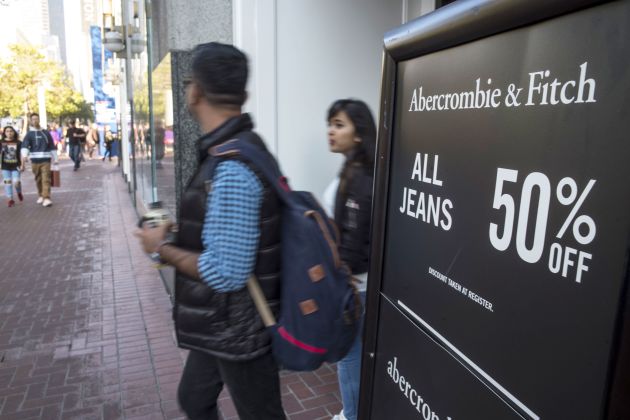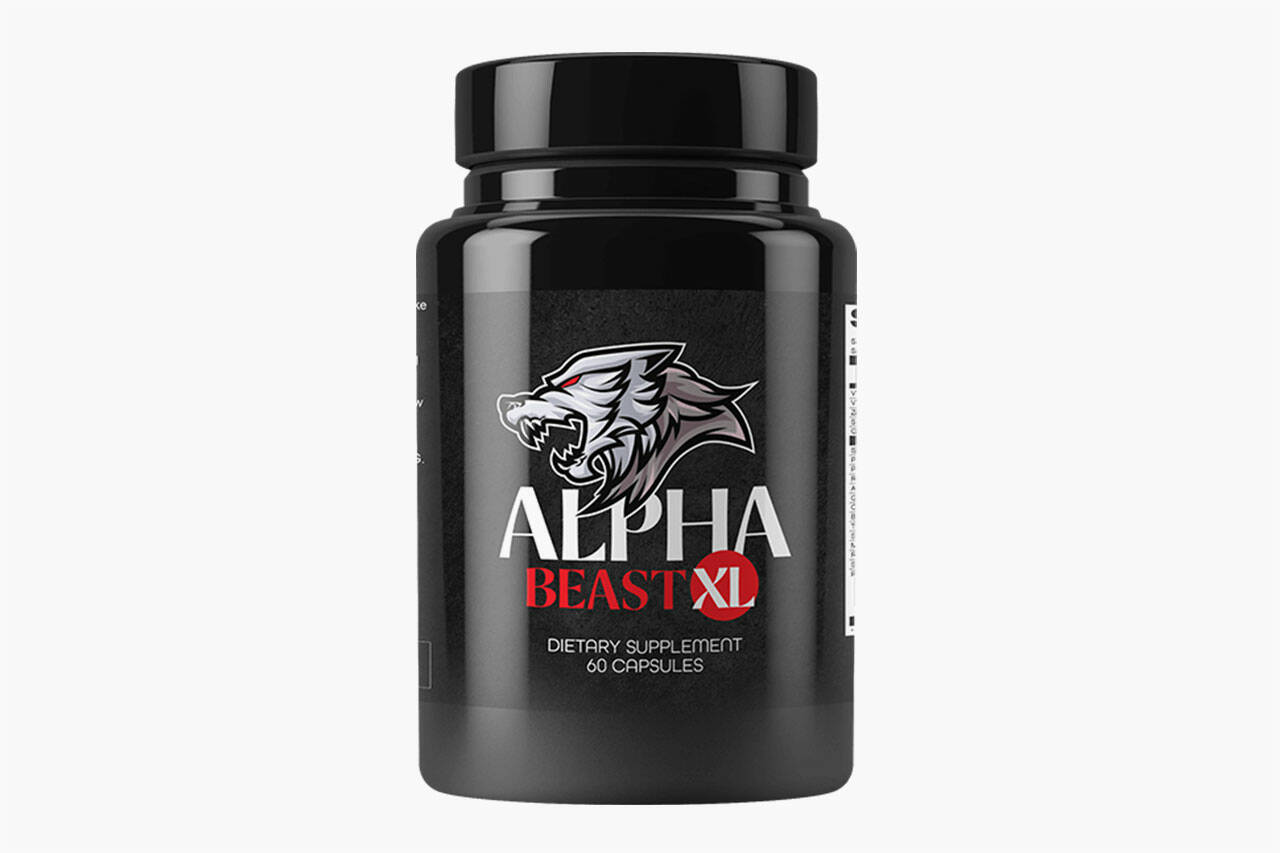Wednesday saw a major plunge in retail stocks due to reports of poor earnings. Brands like Abercrombie & Fitch and Canada Goose lost more than a quarter of their market share, as a result of tariffs levied on imported clothing from China.
Canada Goose stated that the company’s sales growth wouldn’t be strong as in the past, in the coming three years. Now, their market shares lose more than 25% of their value and endure a plunge of about $1.49 billion of their market capacity. After taking a hit of a 52 week sink of $33.58 intraday, stock shut atalmost 31%.
Expunging more than $441.5 million off of the company’s market cap, Abercrombie & Fitch shares dipped down 26% on Wednesday. This news has also shown effect on other rival brands like American Eagle. The rival teen retail brand has experienced a 6% fall in market shares. The owner of Michael Kors, Capri Holdings stock fell almost 10%. This shaved off more than $580 million from the total market cap. As a result, a fall in demand for the designer handbags has also been observed.
According to Wells Fargo retail analyst, Ike Boruchow, “This is not a space deemed to be very healthy in terms of long-term outlooks for investors. You’ve got a group where the fundamentals are weakening”
Considering the White House’s suggestion of levying 25% duty on apparel and footwear, in the ongoing trade war with China, there seems to be a “real earnings problem.”
The CFO of Abercrombie, Scott Lipesky quoted to analysts on a conference call after the earnings that they had not yet calculated the overhead taxes into their economic plan. More than 25% of all Abercrombie merchandise receipts had been imported from China to the USA in the financial year of 2018.
On dealing with the hypothetical, he also said that Abercrombie had a playbook in place, and that the company is engaged with their sourcing partners despite the hike in tariffs.
Despite all losses in the sector, the S&P 500 Retail ETF (XRT) has fallen 2.2% on Wednesday, making this the fifth consecutive day of loss. This is the first time the index has returned to this benchmark since 20th of November.
According to Borchow, the signs that customers are retracting investments are few, but those that indicate parts of the industry losing strength, are many. This is clearly indicated as luxury hand-bag manufacturing brands are facing troubling times with reduced tourism, and mall-based clothing brands are facing slowing sales as more women choose to purchase through portals like Stitch Fix and Rent the Runway.
Khol’s, J.C. Penny, and Nordstrom have indicated that this trend is ongoing and all permeating, with unsatisfactory numbers on their quarterly earnings reports. Dick’s Sporting Goods, surprisingly did well for itself, reporting that their earnings in the first quarter topped the Wall Street estimates, making their future for the year more optimistic. However, in consonance with the rest of the industry, stocks closed at a 5.9% fall in prices.
Seven of the 20 worst performing stocks in the S&P 500 for the year so far have been retailers. On Wednesday, as stocks closed, Nordstrom’s shares declined by 30% and Macy’s dropped by 29.6%. Wallgreens shares depleted by 25.2% and Khol’s by 23.9%. FootLocker’s stock declined by 22%, whereas CVS stood at a 19.8% loss. Gap also lost share value by 19.1% so far in this year.




